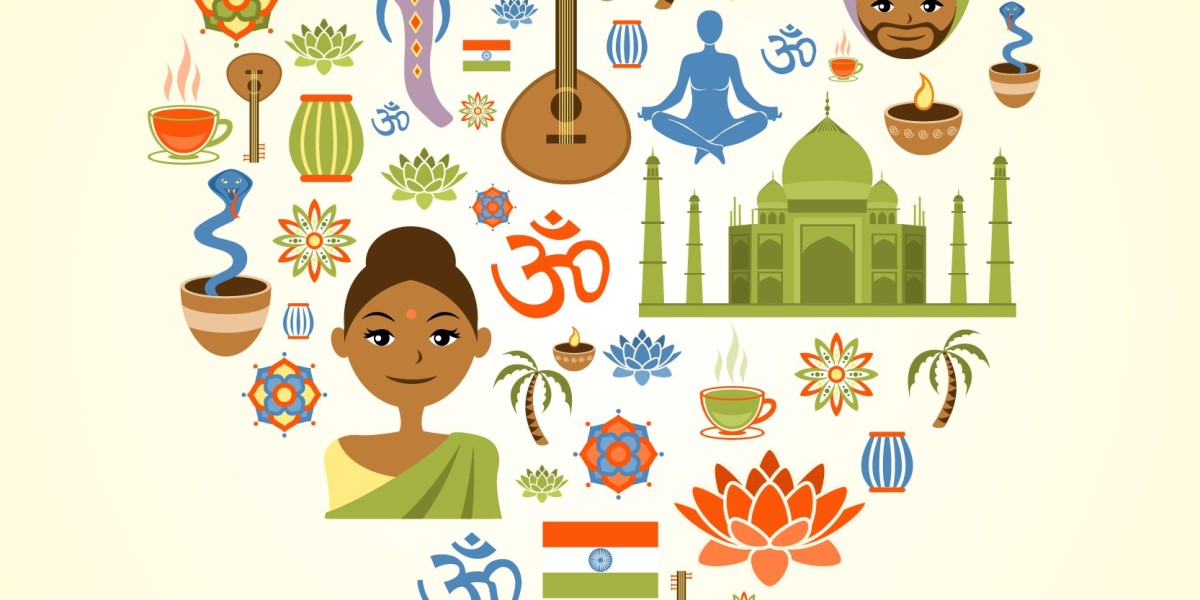In today’s rapidly changing society, the struggle against substance abuse has become more pressing than ever. While medical interventions, counseling, and community awareness programs play an important role, cultural traditions often remain an overlooked yet powerful tool in prevention. From festivals to family customs, cultural practices influence how communities view health, relationships, and coping mechanisms. Understanding the role of cultural traditions in prevention can help us harness their strengths to reduce the risk of substance abuse.
If you are seeking structured recovery programs, a Nasha Mukti Kendra in Zirakpur can offer professional help, while cultural values at home and in the community can complement these efforts to create a holistic approach toward prevention and healing.
Cultural Traditions as a Foundation of Values
Culture shapes values, and values shape behavior. From childhood, traditions teach individuals what is acceptable and what is not. For example:
Family Gatherings: These emphasize unity, love, and collective responsibility, reducing the chances of isolation—a common trigger for addiction.
Religious Practices: Prayer, meditation, and rituals provide emotional stability and spiritual grounding.
Festivals and Celebrations: These often emphasize joy, sharing, and togetherness without necessarily relying on alcohol or drugs.
By reinforcing positive values, cultural traditions act as protective barriers against risky behavior.
Storytelling and Moral Lessons
Many cultures pass down wisdom through stories, folklore, and moral tales. These stories often warn against the dangers of indulgence, greed, or neglect of responsibilities. When taught consistently, they help younger generations understand the consequences of poor choices, including substance abuse.
Parents and teachers can use these narratives as preventive tools, ensuring that the message resonates on a deeper emotional and cultural level.
The Role of Community in Prevention
Traditional communities are closely knit, and collective responsibility often plays a significant role in discouraging harmful behavior. Elders, teachers, and family leaders act as role models, guiding the youth toward healthier lifestyles.
In modern times, while nuclear families and urbanization may weaken this structure, efforts to revive cultural traditions—such as celebrating local festivals, participating in traditional arts, or promoting community gatherings—can help restore the sense of belonging that deters people from turning to substances.
Cultural Traditions as Healthy Coping Mechanisms
Stress, peer pressure, and emotional struggles are common reasons why individuals turn to drugs or alcohol. Traditional practices like meditation, yoga, folk dances, or even simple rituals like lighting a lamp in the evening offer natural coping mechanisms. These activities not only reduce stress but also promote mindfulness and inner strength.
When practiced consistently, they become powerful preventive measures against substance abuse.
Challenges in Preserving Cultural Traditions
Despite their importance, cultural traditions face challenges in the modern world:
Western Influence: The glamorization of drinking and smoking in media often overshadows traditional values.
Urbanization: Busy lifestyles leave little time for rituals and customs.
Generational Gap: Younger generations may find traditions outdated or irrelevant.
To overcome these, communities need to adapt traditions in a way that appeals to modern sensibilities while retaining their core values.
Combining Cultural Traditions with Professional Help
While cultural traditions can be highly effective in prevention, they may not be enough once addiction takes hold. Professional support becomes essential for recovery. A Nasha Mukti Kendra in Zirakpur integrates modern therapies with holistic practices, creating a balanced approach to de-addiction. Such centers often emphasize meditation, group therapy, and lifestyle changes, which align with cultural values, making the recovery process more relatable and sustainable.
Practical Steps for Families and Communities
Incorporate Traditions at Home: Celebrate festivals, cook traditional meals, and involve children in cultural practices.
Encourage Storytelling: Share folklore and real-life lessons that highlight the consequences of addiction.
Promote Cultural Activities: Dance, music, and yoga can serve as healthy alternatives to risky behaviors.
Create Support Circles: Communities can build networks where members watch out for one another.
Collaborate with Professionals: Partnering with rehabilitation centers ensures both preventive and corrective measures are in place.
Conclusion
Cultural traditions hold immense power in shaping behavior, building resilience, and preventing substance abuse. They provide a sense of belonging, purpose, and balance that many modern lifestyles lack. While traditions alone cannot solve the addiction crisis, they serve as strong preventive tools when combined with professional interventions.
By valuing our traditions and blending them with modern solutions, we can create a healthier and addiction-free future for our communities.








